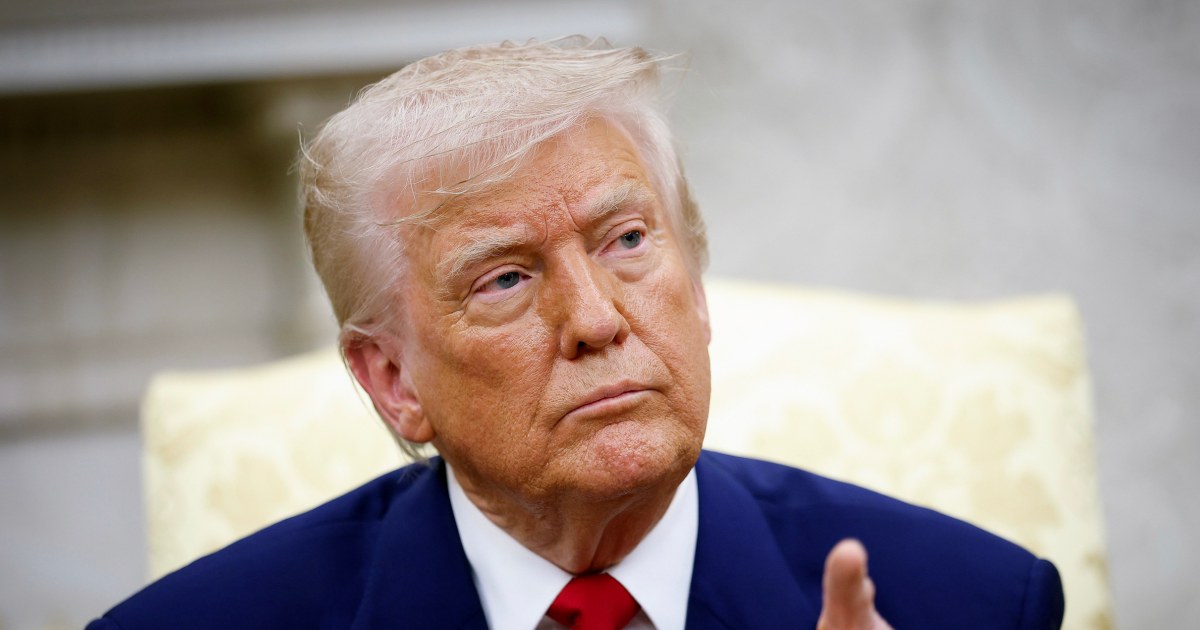Key takeaways:
- President Donald Trump has requested the Supreme Court’s permission to enforce a policy banning transgender individuals from military service, following legal challenges that have blocked its implementation.
- The Trump administration criticizes nationwide injunctions by federal judges, arguing they overreach judicial authority and hinder the enforcement of the transgender military ban.
- The administration’s appeal to the Supreme Court emphasizes the conflict between executive and judicial powers, with significant implications for military policy and transgender rights.
On Thursday, President Donald Trump requested the Supreme Court’s permission to implement his administration’s policy that prohibits transgender individuals from serving in the military. This request comes amid ongoing legal challenges to the ban, which have prevented its enforcement nationwide. A federal appeals court recently upheld a lower court’s decision to block the policy, prompting the administration to seek intervention from the nation’s highest court.
The Trump administration has expressed concerns over the use of nationwide or universal injunctions by federal district court judges, which have been instrumental in halting the enforcement of the transgender military ban. These injunctions have been criticized by the administration for allegedly overstepping judicial boundaries and setting national policy. The administration’s appeal to the Supreme Court underscores its desire to proceed with the enforcement of the ban while legal proceedings continue.
In the court filing, Deputy Assistant Attorney General Hashim Mooppan argued that the injunction issued by the lower court conflicts with the deference typically given to the military’s professional judgments. The administration maintains that the policy is a necessary measure, reflecting a broader version of a previous ban implemented during Trump’s first term. This earlier policy had been permitted by the Supreme Court to take effect, setting a precedent for the current legal battle.
The request to the Supreme Court highlights the ongoing tension between the executive branch and the judiciary over the scope and impact of federal court orders. As the legal challenges progress, the outcome of this case could have significant implications for the administration’s authority to set military policy and for the rights of transgender individuals seeking to serve in the armed forces.



Be First to Comment